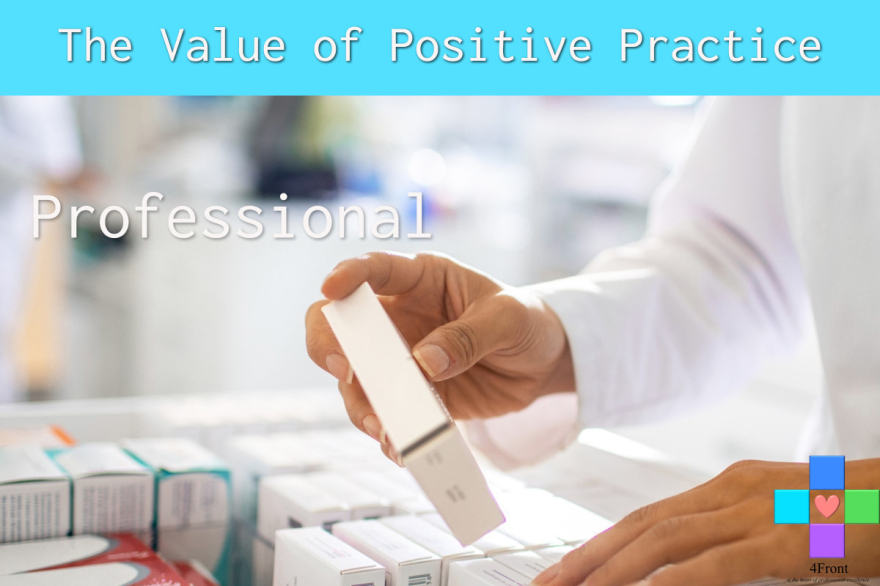Professional | Nurturing Professional Excellence Through Ongoing Professional Development Pt1
 Nurturing Professional Excellence Through Ongoing Professional Development - Part 1
Nurturing Professional Excellence Through Ongoing Professional Development - Part 1
Introduction: Meet Sarah, a seasoned pharmacy manager who is known for her clear thinking, unwavering commitment to industry standards, and her ability to foster a culture of continuous learning within her team. But what's her secret? It's her dedication to ongoing professional development and the creation of a dynamic learning culture.
Why it Matters: In the rapidly evolving healthcare landscape, continuous professional development isn't just a good practice—it's essential. It ensures that healthcare leaders stay current, make well-informed decisions, and uphold the highest standards of patient care, all within the framework of a thriving learning culture.
Defining Professional Development and a Learning Culture:
Professional development, often referred to as ongoing learning or lifelong learning, is the process of acquiring and honing the knowledge, skills, and competencies necessary to excel in one's profession. It encompasses various activities such as formal education, reflective practice, workshops, self-directed learning, and experiential learning opportunities.
A learning culture is an organisational environment that promotes and values continuous learning and development. It encourages individuals and teams to seek knowledge, share insights, and apply new skills to enhance performance and achieve common goals.
The Science: Research in healthcare leadership underscores the profound benefits of ongoing professional development and its connection to fostering a robust learning culture. It reveals that healthcare leaders who engage in continuous learning are more adaptable, better decision-makers, and tend to inspire a culture of excellence within their teams.
Risks: Neglecting professional development can lead to stagnation, which is particularly risky in the healthcare field. Outdated knowledge and skills can compromise patient care, diminish leadership effectiveness, and even lead to regulatory violations, which can severely impact the learning culture.
Practical Applications: Here's how you can actively invest in your ongoing professional development and contribute to a thriving learning culture as a healthcare leader:
- Reflective Practices: Dedicate time to pause and reflect on your decisions and actions.
- Continuous Learning: Engage in journaling, coaching, mentoring, or supervision to foster a culture of learning.
- Code of Conduct: Uphold the Code of Conduct and adhere to industry regulations and best practices.
- Performance Expectations: Set clear performance expectations for yourself and your team while promoting a culture of learning within your organisation.
